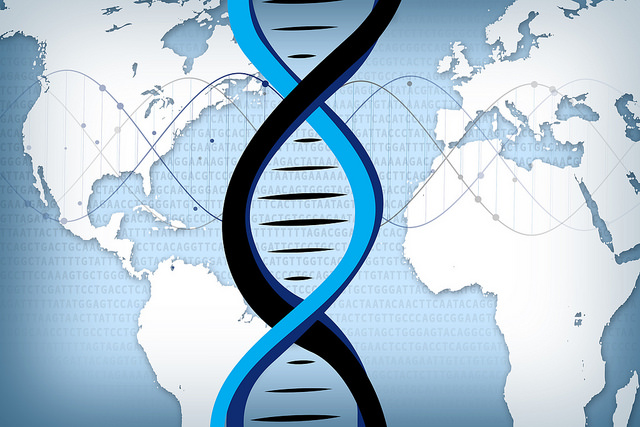Ethics and Global Governance of Human Germline Genome Editing: The Problem of Techno-Scientific Colonialist Paternalism
By Gabriela Arguedas-Ramírez,
CRISPR Journal (paywall)
| 04. 21. 2020
Abstract
I want to enrich the debate about the ethics and governance of human germline editing (HGE) by emphasizing an underappreciated, yet important, set of concerns regarding exclusionary practices, norms, and efforts that impede a broader discussion about the subject. The possibility for establishing a binding, global, regulatory framework is influenced by economic and geopolitical factors as well as historical processes and sociopolitical problems, such as anti-scientific social movements and the politicization of science. Likewise, it is influenced by different understanding, epistemic resources, and goals between the CRISPR/genome editing community and the rest of society. In this Perspective, I explain the concept of “techno-scientific colonialist paternalism” and why it negatively affects our discussion around HGE. I also discuss the pitfalls of scientific self-regulation, and finally, I advocate that the implementation of HGE should cease to allow time and care for a thoughtful global discussion to emerge.
Related Articles
By David Jensen, California Stem Cell Report | 02.10.2026
Touchy issues involving accusations that California’s $12 billion gene and stem cell research agency is pushing aside “good science” in favor of new priorities and preferences will be aired again in late March at a public meeting in Sacramento.
The...
By Alex Polyakov, The Conversation | 02.09.2026
Prospective parents are being marketed genetic tests that claim to predict which IVF embryo will grow into the tallest, smartest or healthiest child.
But these tests cannot deliver what they promise. The benefits are likely minimal, while the risks to...
By Mike McIntire, The New York Times | 01.24.2026
Genetic researchers were seeking children for an ambitious, federally funded project to track brain development — a study that they told families could yield invaluable discoveries about DNA’s impact on behavior and disease.
They also promised that the children’s sensitive...
By Arthur Lazarus, MedPage Today | 01.23.2026
A growing body of contemporary research and reporting exposes how old ideas can find new life when repurposed within modern systems of medicine, technology, and public policy. Over the last decade, several trends have converged:
- The rise of polygenic scoring...




